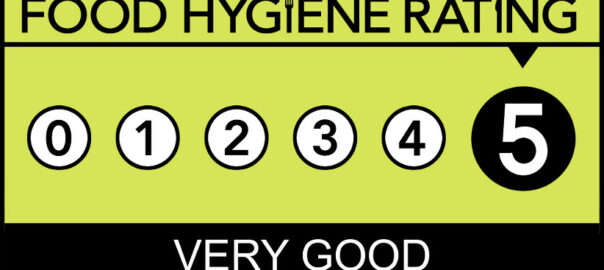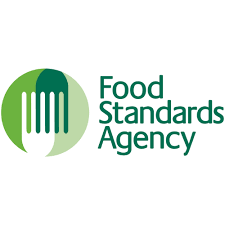Announcing the launch of our sister site – Paws on the Doors!
We’re looking to do for Animal Welfare Licensing what Scores on the Doors did for Food Hygiene over the last 20 years. [Today 76% of all food businesses achieve the top 5 star rating, up 60%. Unregistered businesses have been halved.]
Colchester City Council and Gravesham Borough Council are publishing their data from 10 March. In addition, Horsham District Council will be launching on 14 March; Maldon District Council the following week; with more to follow.
By publishing the details of animal operators on a single site www.animal-licensing.uk members of the public are now able to find out about businesses providing Dog Boarding, Breeding, Daycare and Home boarding as well as Catteries, Horse hire and Pet shops.
Cross-boundary searching will start to take effect as more and more authorities’ data is published over the next few weeks and months.
For each operator we provide all (authorised, disclosed) contact details as well as information such as the valid licence number and expiry date, star rating and capacity.










